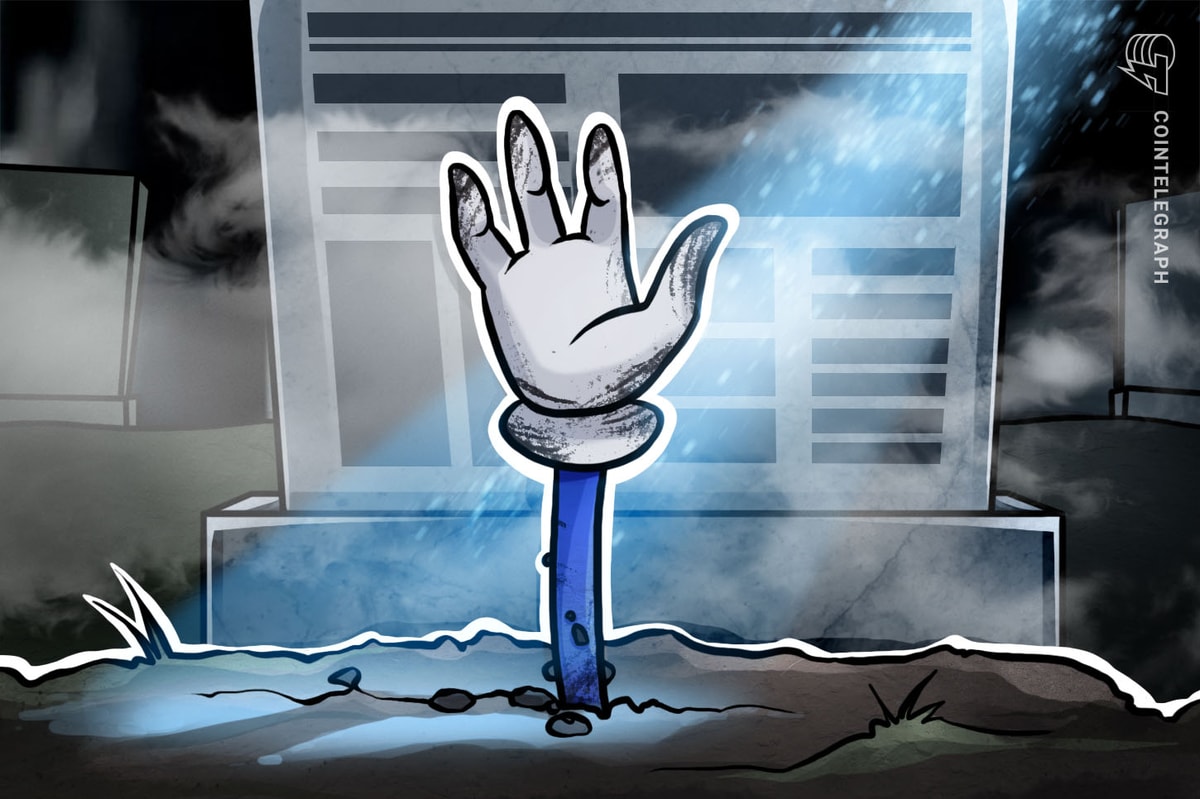
Many people argue that private blockchains, run by private firms, are useless, since they make users dependent upon a third party ‒ the firm managing the blockchain. Many believe that private blockchains currently being considered are not blockchains, but rather, distributed ledger technology which has already existed.
Others believe private blockchains could provide solutions to many financial enterprise problems that Bitcoin does not, such as abiding by regulations such as the Health Insurance Portability and Accountability Act (HIPAA), anti-money laundering (AML) and know-your-customer (KYC) laws.
The Hyperledger project from the Linux Foundation, R3CEV’s Corda, and the Gem Health network are just several of the different private blockchain projects under development.
Bitcoin Magazine spoke with some well-known blockchain thinkers on their opinions of what the uses for a private blockchain might be.
Jeff Garzik, co-founder at Bloq:
“In general, Bloq feels it is important to build and support software that works on both public and private blockchains. This connects the private blockchain customer with public blockchain innovation, developers and new applications.”
Brian Hoffman, founder of OpenBazaar:
“I'll preface my comments with the fact that OpenBazaar is a public blockchain Bitcoin-only project, so I don't have tons of experience with private blockchains. I personally don't believe that private blockchains provide much added value above a privileged database and have yet to really see a necessary use case for them.”
Dan Wasyluk, Syscoin team manager:
"Private blockchains provide interesting opportunities for businesses to leverage [their] trustless and transparent foundation for internal and business-to-business use cases. With the advent of smart contracts, this technology could eventually replace many centralized businesses."
Max Kordek, Lisk CEO:
"I see quite a few use cases for private blockchains, and they definitely have their place. Traditional institutions won't switch to a completely public blockchain from one day to the other. A private blockchain is a great first step towards a more cryptographic future. The biggest advantages of private blockchains in comparison to centralized databases are the cryptographic auditing and known identities. Nobody can tamper with the data, and mistakes can be traced back. In comparison to a public blockchain it is much faster, cheaper and respects the company's privacy. As a conclusion, it's better to rely on a private blockchain than no cryptographic system at all. It has merits and pushes the blockchain terminology into the corporate world, making truly public blockchains a bit more likely for the future."
Patrick Dugan, Omni Board Member
Private blockchains, or as I like to call them, shared databases, have a place in improving efficiency for financial institution for back-office settlement processes. They should not be seen as controversial, or part of some dialectic struggle between punks and police. To the extent that the identifying shroud of AML/KYC can be placed into public blockchain metadata (possible in Omni Layer transactions over the Bitcoin blockchain) there may even be interoperability between these two sides of the train tracks. Right now, due to state-granted monopolies to issue credit, most of the world's liquidity is still in banks. However, we believe that in the long-term, public blockchains, especially those based on work, will come to take a more significant part in the ‘System D’ informal economy, which is where most of the global economic growth will originate.”
Eugene Lopin, CEO of CHEX:
“A private blockchain is hardly different from a traditional database. The term is synonymous with glorified databases. But the advantage is that if they are to ever start adding public nodes to it then it becomes so much more. An open blockchain is the best method for having a trustless ledger. The broader the range of decentralized adoption the better. The Bitcoin blockchain hits all those points.
“For CHEX, the goal is to have that expandability as an option. We plan to start privately and evolve into a regular public blockchain for public cross-verification as demand/volume grows. Whereas, if that's not on the goal, you might as well use one of the many well-established database technologies.
“We see plans like the R3 Consortium as a counter-productive grab to maintain centralized control. There are already reports and rumors that things aren't going according to plan. The Bitcoin blockchain method will only become better with more of such competition.”
Ryan Charles, founder of Yours.Network:
“Private blockchains are valuable to solve efficiency, security and fraud problems within traditional financial institutions, but only incrementally. Private blockchains will not revolutionize the financial system. Public blockchains, however, hold the potential to replace most functions of traditional financial institutions with software, fundamentally reshaping the way the financial system works.”
Eric Larchevêque, CEO of Ledger:
“Ledger enables secure blockchain applications through trusted hardware. Public, private or federated, blockchain technology cannot scale without secure key management, and therefore we are developing solutions for all use cases.
“We believe that public blockchains with censorship resistance have the potential to disrupt society, when private blockchains are merely a cost-efficiency tool for banking back offices. One can measure its potential in trillions of dollars, the other in billions. But as they are totally orthogonal, both can coexist in the same time, and therefore there is no need to oppose them as we can often see it.”
Anthony Di Iorio, CEO and founder of Decentral and Jaxx, co-founder of Ethereum and chief digital officer of TMX Group (Toronto Stock Exchange):
“The reason why you put up private blockchains is potentially because you want to have control over the participants in the blockchain. So as we have banks and financial institutions, who have to worry heavily about regulations, they can’t use the public blockchains right now because they are open and permission-free, and anyone can participate, and that’s contradictory to the regulations to which they must abide.
“Private blockchains are a way of taking advantage of blockchain technology by setting up groups and participants who can verify transactions internally. That does also put you at the risk of security breaches just like in a centralized system. So you’re at further risk, rather than a public blockchain secured by mining hashing power.
“Private blockchains have their uses. They can be faster; they do more transactions without scalability issues. There are security advantages, and also security disadvantages.”
Andreas M. Antonopoulos, author of Mastering Bitcoin:
“The only reason the banks have gotten to the point of thinking about permissioned ledger is because they finally reached the stage of bargaining, third stage in five stages of grief, for industry they’re about to lose. They start with denial, and the basis of denial is, well, this thing isn’t gonna work, it’s gonna die any day soon, and it doesn’t. And then they say, it’s just silly money and it doesn’t have any value, until it does; and no one else is gonna play with it, except they are; serious investors won’t put money into this, except they did; and it still refuses to die. We go from denial to bargaining. Somewhere in between might be anger, some depression, and eventually they’re going to reach acceptance, but it’s gonna take a long time.
“Not only is decentralization, open protocols, open source, collaborative development and living in the wild a feature of Bitcoin, that’s the whole point. And if you take a permissioned ledger and say, that’s all nice, we like the database part of it, can we have it without the open decentralized P2P [peer-to-peer] open source non-controlled distributed nature of it, well you just threw out the baby with the bathwater.”
Vitalik Buterin, co-founder/creator of Ethereum:
“The consortium or company running a private blockchain can easily, if desired, change the rules of a blockchain, revert transactions, modify balances, etc. In some cases, e.g. national land registries, this functionality is necessary; there is no way a system would be allowed to exist where Dread Pirate Roberts can have legal ownership rights over a plainly visible piece of land, and so an attempt to create a government-uncontrollable land registry would in practice quickly devolve into one that is not recognized by the government itself….
“Given all of this, it may seem like private blockchains are unquestionably a better choice for institutions. However, even in an institutional context, public blockchains still have a lot of value, and, in fact, this value lies to a substantial degree in the philosophical virtues that advocates of public blockchains have been promoting all along, among the chief of which are freedom, neutrality and openness.”










